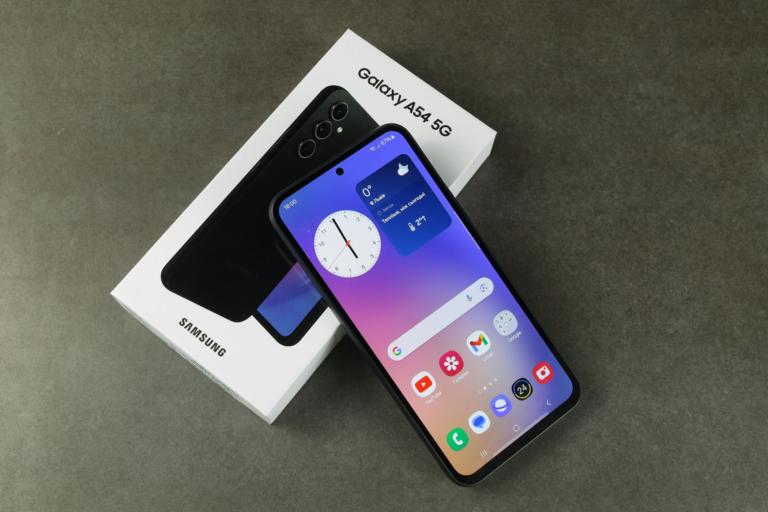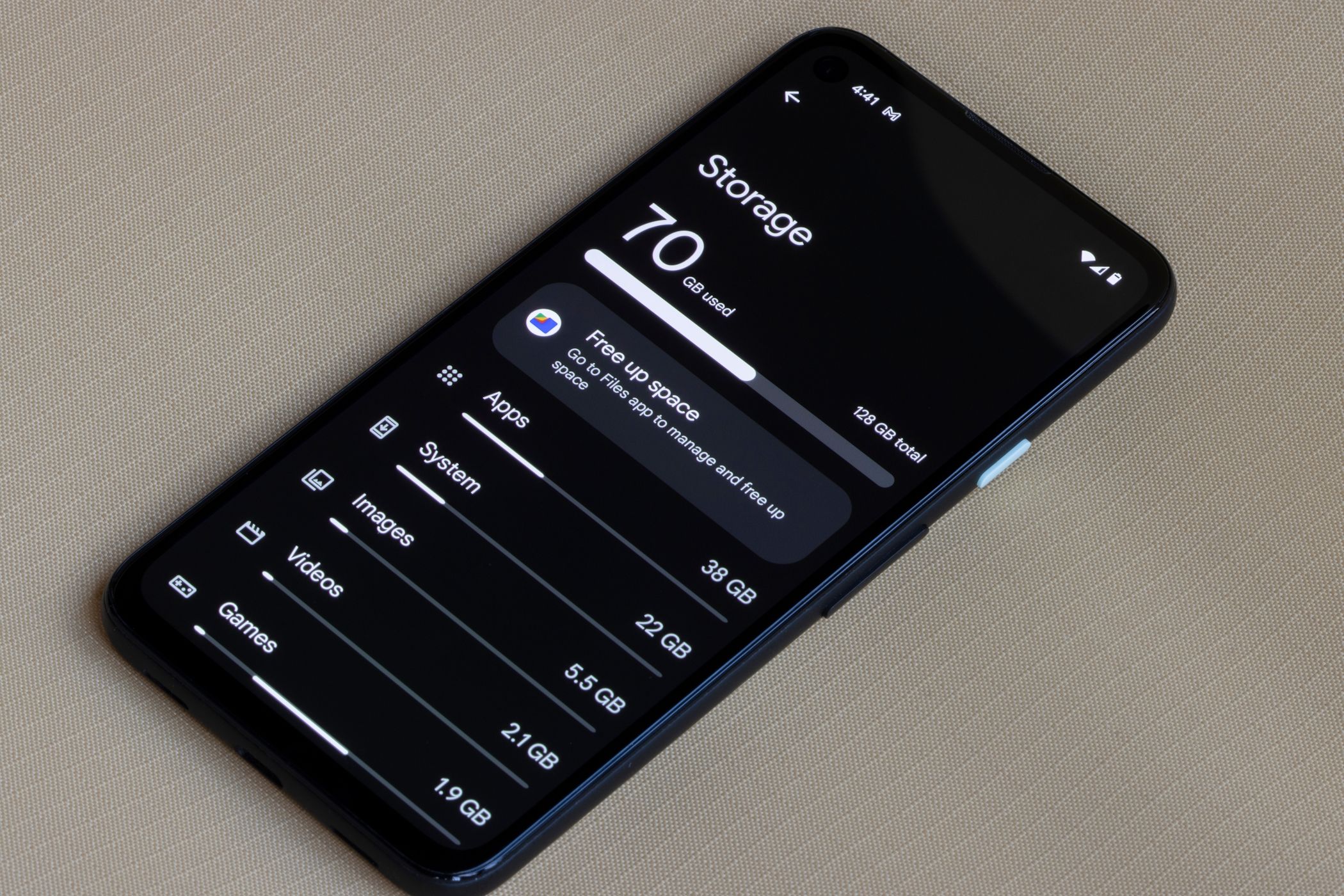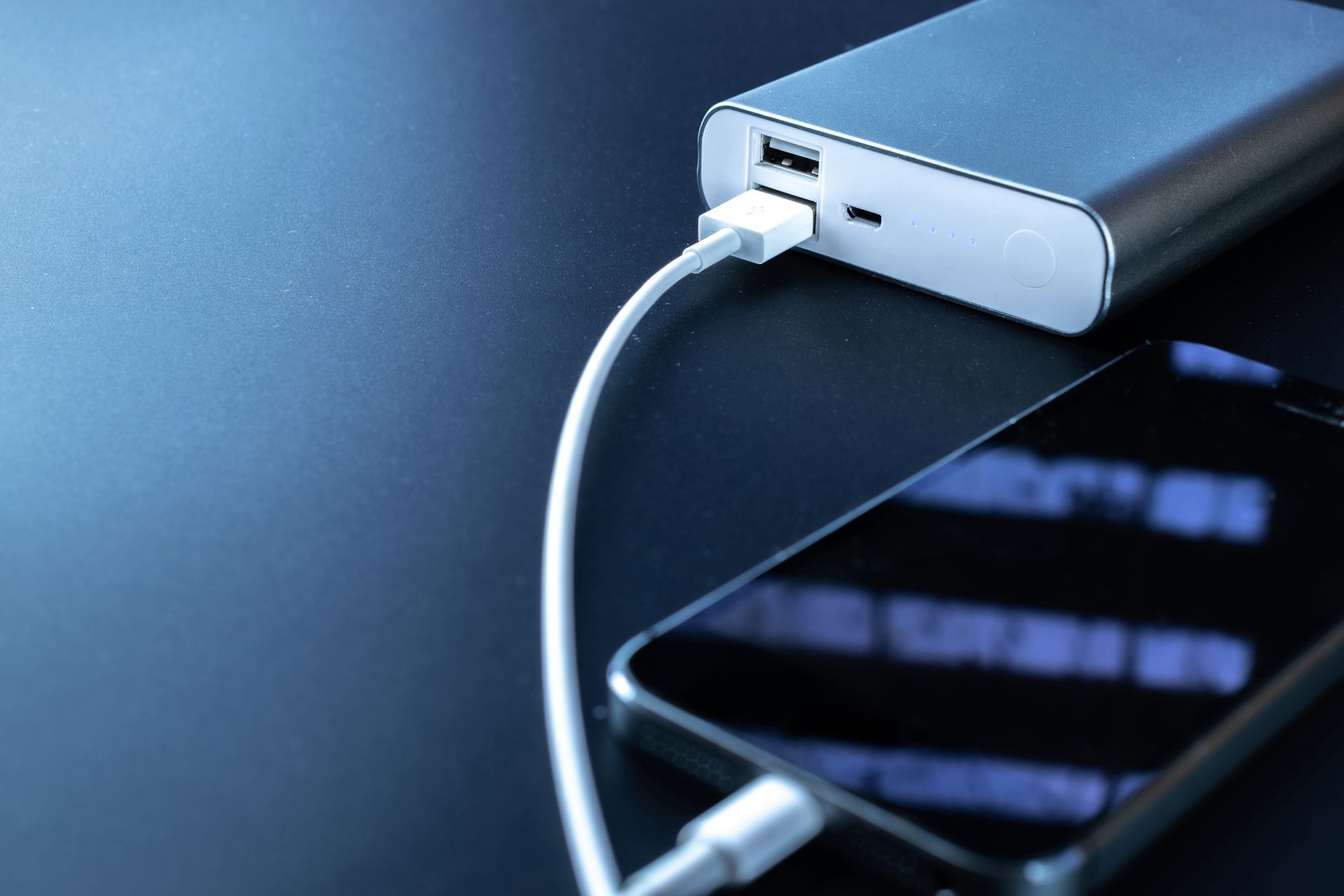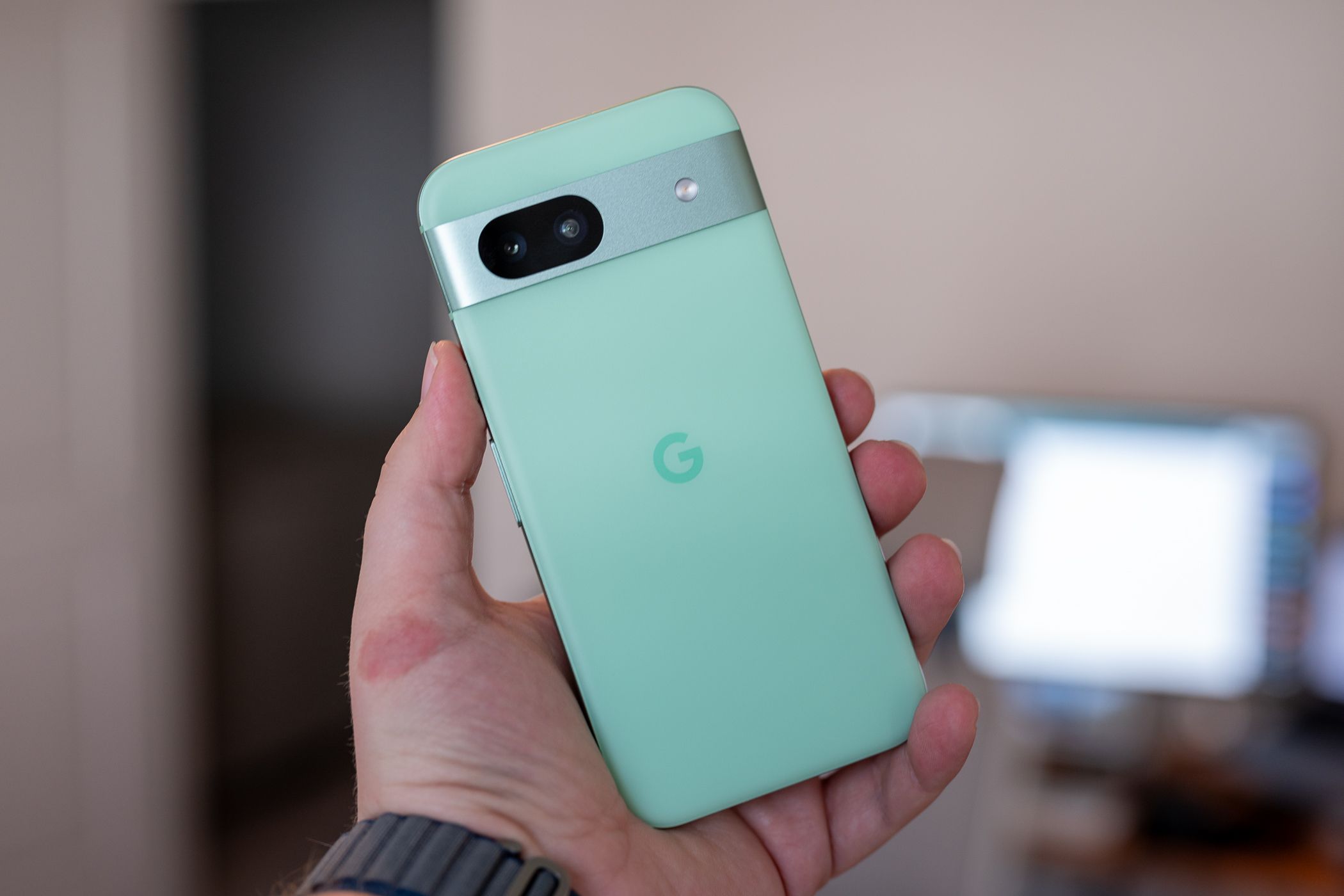Quick Links
When you’re in the market for a budget phone, it’s tricky to balance the value you get versus the price. However, prioritizing these four hardware specifications while shopping for a phone will ensure you get the best bang for your buck.
1
Processor
One key feature that dictates the performance of any phone is the processor. As the heart of the phone, the processor can make or break your experience since it determines how well the device runs apps, especially under strain. The processor can also affect other areas, like battery life.
Although there are three key chip manufacturers for smartphone processors (Samsung, Qualcomm, and MediaTek), it’s hard to recommend any specific ones as they’re regularly updated. The key to picking the best option is to check for recently launched phones, as companies commonly include the latest processors.
While doing so, search online to see when the included processor was released. This will ensure you get the latest option available, translating to better performance. Ignore the core count and clock speed; these are smartphone specs that aren’t important.
2
Memory and Storage
With mobile apps becoming more resource-intensive, memory and storage have become important considerations when shopping for any phone. So, how much RAM do you need on a budget phone? For 2024’s standards, it should have at least 6GB of RAM to ensure your apps run smoothly and you can easily switch between them without lag.
For storage, I recommend getting a phone with at least 64GB of internal storage. This is sufficient for installing all the basic apps you need on the device, and you’ll still have some more for media files. And if you need more storage without paying a premium, get a phone with a microSD card slot.
However, few phones offer that these days, and there are downsides to using an SD card on your Android phone. If you tend to hoard media, I highly recommend at least 128GB of storage. A successor to one of our best budget phones, the Samsung Galaxy A55 is a solid option with 128GB of internal storage.
3
Battery Capacity and Charging Speeds
Budget phones don’t have the most performant or power-efficient processors. Therefore, while shopping for one, you must look for a device with enough battery capacity to guarantee good battery life.
The minimum you should consider is 4,000mAh to ensure your device can last throughout the day under normal use. However, if you can find a device with 5,000mAh, go for it. A good example is the OnePlus Nord N30SE, which has a 5,000mAh battery and ticks all the important boxes.
Charging speeds are equally important because they ensure you can top up your phone quickly, especially when you’re in a rush. I’d consider 18W as the bare minimum for a budget phone, but like memory and storage, the higher, the better.
4
Camera Quality
Cameras may not be as important as the rest of the hardware in the budget segment, but considering how often we take photos using our phones nowadays, you should still prioritize it. At the very least, ensure your phone has at least two camera lenses (an ultrawide and a wide lens) for versatility. A macro lens would be good too, but it’s not as important.
The problem with camera quality is that you can’t just read the specs and take them at face value. We recommend checking reviews and sample pictures to understand how the camera hardware performs under different lighting conditions before settling on a specific device.
Buying the perfect budget phone is all about finding the right balance according to your needs. Make sure the budget phone you like excels in at least two or three of the four areas I listed above so that you get your money’s worth.




